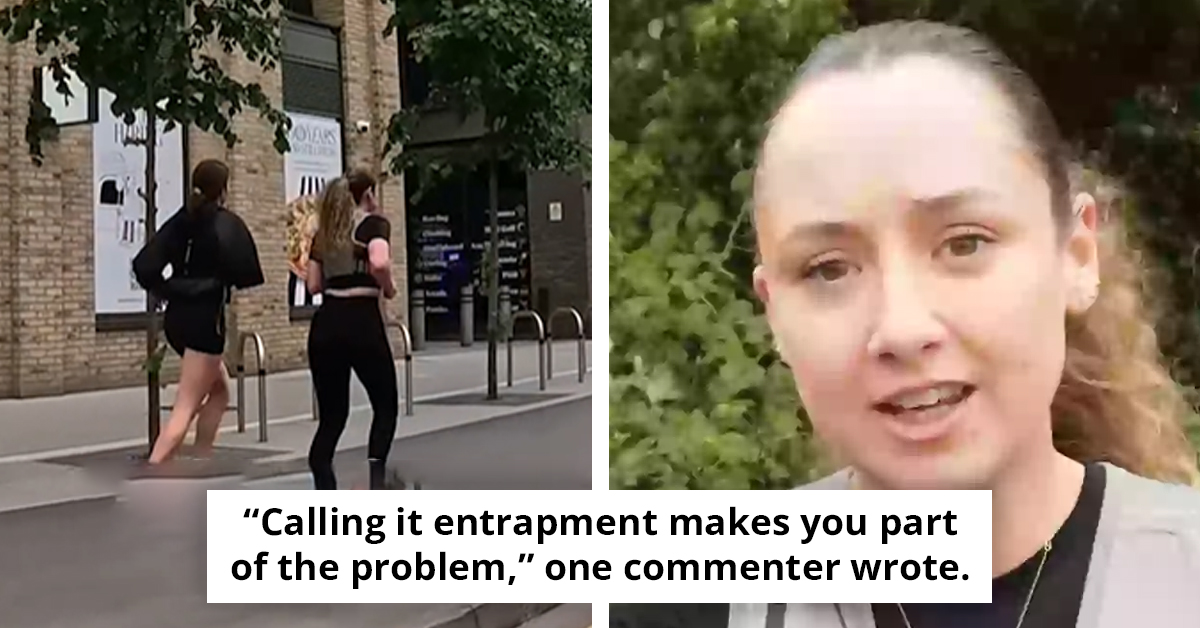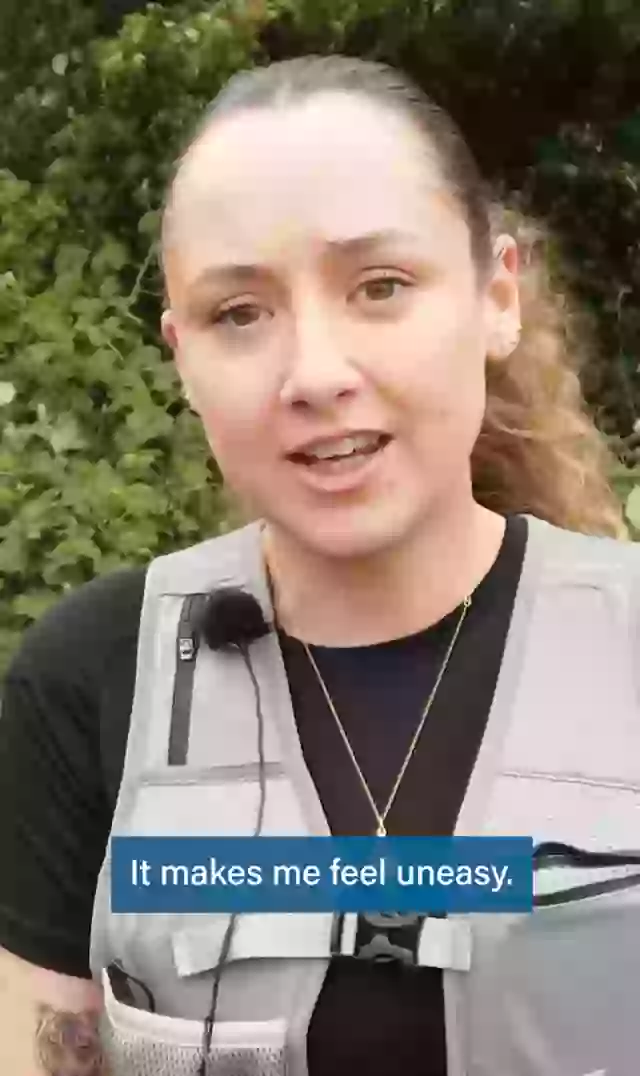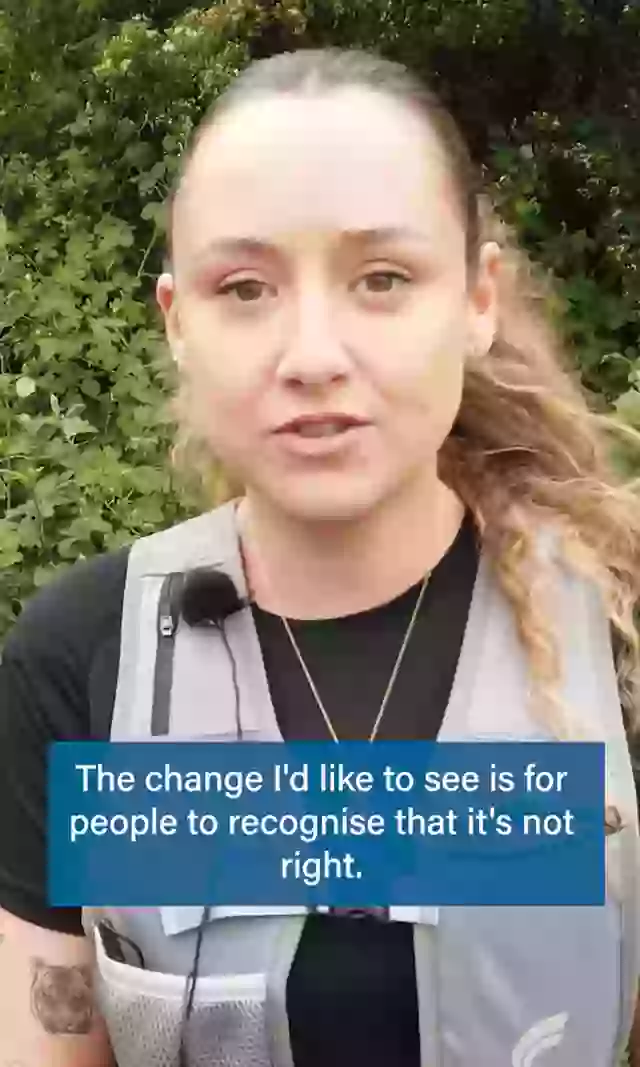Undercover Female Officers Pose as Joggers to Tackle Street Harassment, And the Internet Is Divided
It is a criminal offence to intentionally harass someone in public because of their gender or perceived gender. This carries a maximum sentence of two years in prison.

Two undercover police officers in Surrey, UK, laced up their running shoes for an unusual mission: to catch catcallers in the act. The month-long operation, dubbed "Jog On", aimed to highlight how common street harassment is for women — and it has ignited fierce debate online.
Some call it a bold step in proactive policing. Others are slamming it as unnecessary, even “entrapment.” The conversation has quickly shifted from the arrests themselves to a bigger cultural question: how should harassment in public spaces be addressed?
The Operation: Jogging Through Harassment Hotspots
The strategy was straightforward. Two plain-clothed female officers dressed in athletic wear jogged through public areas previously flagged as harassment hotspots. Meanwhile, specialist police units waited nearby, ready to step in when they witnessed abusive behavior.
Within minutes of starting, the officers were targeted. Inspector Jon Vale from Surrey Police described how quickly it escalated:
“One of our officers was honked at within 10 minutes — then another vehicle slowed down, beeping and making gestures just 30 seconds later. That’s how frequent it is.”
Over the course of the operation, which lasted four weeks, police made 18 arrests for offences including harassment, sexual assault, and theft.
PC Abi Hayward, one of the undercover joggers, said the results mirrored what women across the country experience daily.
“We get catcalled. We get honked at. People slow down just to stare — or lean out the window to shout something. It’s so common, but it’s harassment and it needs to be recognised as that,” she said.
The Goal: Prevention and Education
Not all catcalling is classed as a criminal offence, but Surrey Police say the purpose was to deter potential offenders and raise awareness.
“Someone slowing down, shouting, or staring — even if it’s not always criminal — can have a huge impact on people’s everyday lives,” Vale explained. “We have to ask: is that person going to escalate? Are they a sexual offender? We want to manage that risk early.”
Hayward stressed that these encounters are often either a precursor to more serious crimes or stem from ignorance. In the latter case, she believes intervention can change behaviour.
“The rise in violence against women and girls is real,” she warned. “We’re talking about women being spat at, stalked, harassed while they’re just out on a run — it’s horrendous.”
Two undercover police officers in Surrey, UK, laced up their running shoes for an unusual mission: to catch catcallers in the act.
The Legal Landscape: What the Law Says About Catcalling in the UK
There’s currently no single law in the UK specifically banning catcalling, but existing legislation such as the Public Order Act, the Protection from Harassment Act 1997, and the Crime and Disorder Act 1998 can be used to prosecute certain behaviours.
In 2023, the Protection from Sex-based Harassment in Public Act was introduced, making it a criminal offence to intentionally harass someone in public because of their gender or perceived gender. This carries a maximum sentence of two years in prison.
The month-long operation, dubbed "Jog On", aimed to highlight how common street harassment is for women — and it has ignited fierce debate online.

It is a criminal offence to intentionally harass someone in public because of their gender or perceived gender. This carries a maximum sentence of two years in prison.

The Reaction: Support and Backlash in Equal Measure
The operation has sparked a sharp divide online.
Critics argue that police should focus on “real crimes” and accuse the force of manufacturing offences. One user scoffed, “So catcalling is now grounds to be arrested? You can’t be serious.” Another claimed, “Creating crime instead of solving it — cool.”
Some minimised the behaviour altogether, suggesting victims should simply tell harassers to “knock it off” rather than involve police.
But supporters were quick to hit back, calling out victim-blaming attitudes.
“Saying this is entrapment means you’re part of the problem,” one commenter wrote. Another added, “How are you blaming them and not the men? Unbelievable.”
Others praised the initiative as a necessary step to confront a persistent problem. “Totally agree! It’s proactive policing!” wrote one supporter. “This is AMAZING,” another added.
Surrey Police’s Statement
Defending the initiative, Surrey Police said:
“As a Force, our priority is not only to tackle and solve crime but also to prevent it from happening in the first place. The Jog On initiative is a preventative measure to tackle harassment and violence against women and girls and ensure that they not only are safe but that they also feel safe. The initiative was launched to enable women and girls to feel safe in public spaces and go out running without fear of being harassed or catcalled.”
